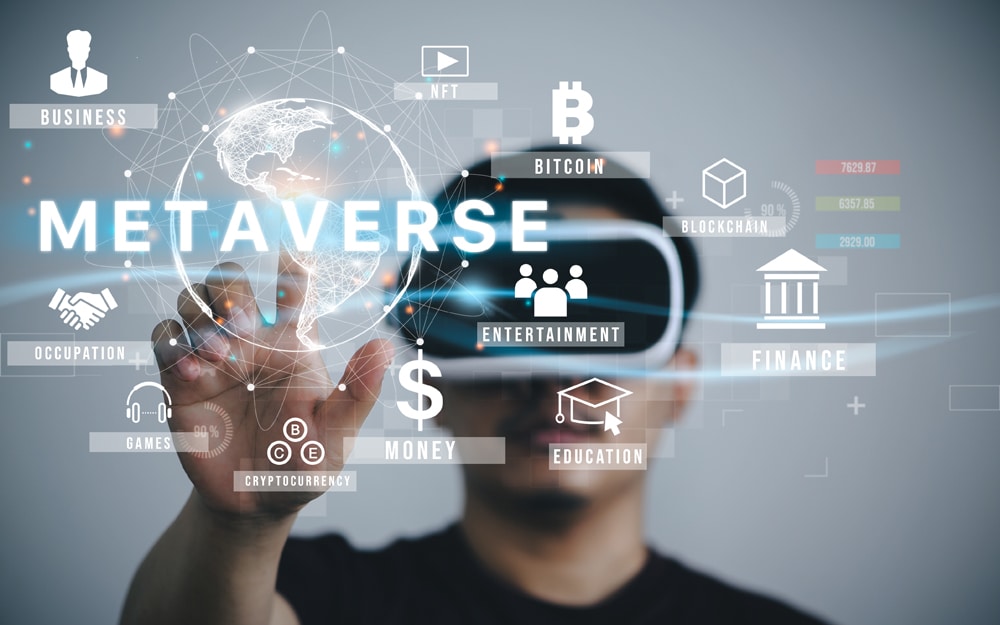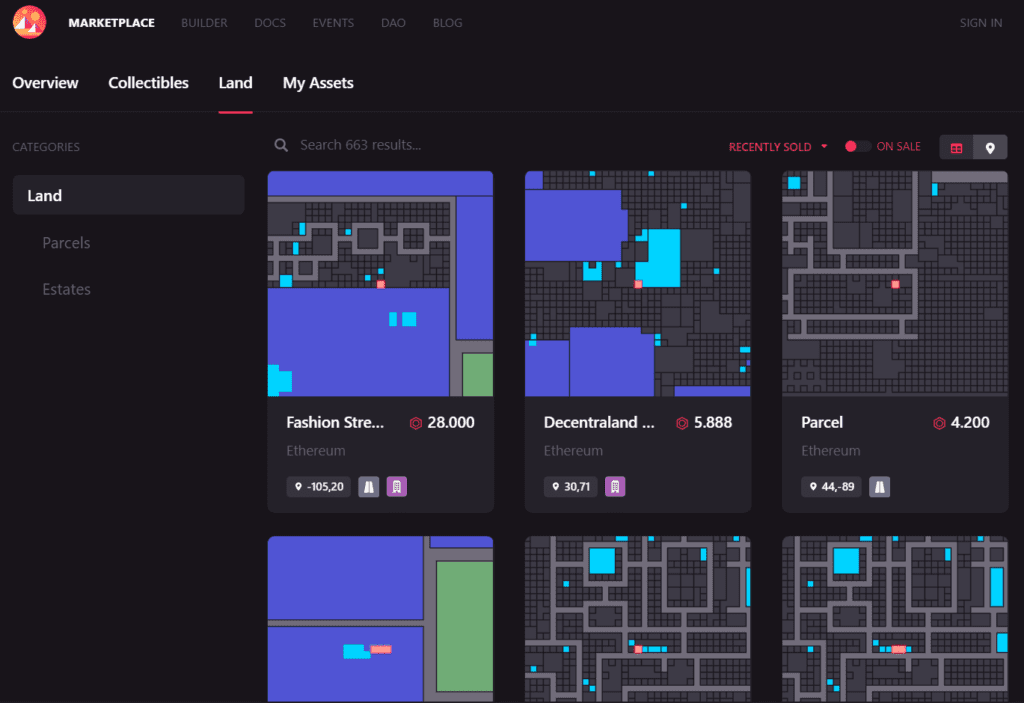Takeaway
The Metaverse represents a paradigm shift in digital interaction, merging virtual reality (VR), augmented reality (AR), and blockchain technology to create immersive, interconnected environments. As game development companies explore the potential of the Metaverse, collaborative approaches to building these futuristic realms are becoming increasingly vital. This article delves into the technical aspects of Metaverse game studios, highlighting innovative methodologies, real-world examples, and the implications of collaborative development in creating engaging virtual experiences.

In the context of game development, the Metaverse is not merely a collection of games but a vast, persistent universe where players can interact, create, and transact. The collaborative nature of Metaverse game studios allows for the pooling of resources, expertise, and creativity, leading to the development of more sophisticated and engaging virtual worlds. This article will explore the technical frameworks, collaborative tools, and case studies that exemplify the future of game development in the Metaverse.
Understanding the Technical Framework of the Metaverse
The Metaverse is built on a foundation of advanced technologies, including VR, AR, blockchain, and cloud computing. Each of these components plays a crucial role in creating a seamless and immersive experience for users.
Virtual Reality and Augmented Reality
Virtual reality (VR) provides users with a fully immersive experience, allowing them to interact with a 3D environment through headsets and motion controllers. Augmented reality (AR), on the other hand, overlays digital information onto the real world, enhancing the user’s perception of their environment. According to a report by Statista, the global VR and AR market is expected to reach $209.2 billion by 2022, highlighting the growing interest and investment in these technologies (Statista, 2021).
Blockchain Technology
Blockchain technology is integral to the Metaverse, enabling secure transactions and ownership of digital assets. Non-fungible tokens (NFTs) have emerged as a popular method for representing ownership of unique in-game items, characters, and virtual real estate. A study by NonFungible.com reported that the NFT market generated over $10.7 billion in sales in Q3 2021 alone, showcasing the potential for monetization within the Metaverse (NonFungible.com, 2021).
Cloud Computing
Cloud computing facilitates the storage and processing of vast amounts of data required for the Metaverse. By leveraging cloud infrastructure, game developers can create scalable environments that support thousands of concurrent users. According to a report by Gartner, the global public cloud services market is projected to grow to $397.4 billion by 2022, indicating a significant shift towards cloud-based solutions in various industries, including gaming (Gartner, 2021).
Collaborative Approaches in Metaverse Game Development
Collaboration is at the heart of Metaverse game development. By leveraging diverse skill sets and perspectives, teams can create richer and more engaging experiences. Several collaborative approaches have emerged, including cross-disciplinary teams, community-driven development, and partnerships with technology providers.
Cross-Disciplinary Teams
Building a successful Metaverse requires expertise in various fields, including game design, software engineering, art, and user experience. Cross-disciplinary teams bring together individuals with different skill sets to foster innovation and creativity. For instance, Epic Games, the creator of Fortnite, has successfully integrated artists, designers, and engineers to develop a dynamic and engaging virtual world that continually evolves based on user feedback.
Community-Driven Development
Community-driven development is another effective approach in the Metaverse. By involving players in the development process, studios can create experiences that resonate with their audience. Roblox, a platform that allows users to create and share games, exemplifies this approach. The company has empowered its community to design games, leading to a diverse library of user-generated content that attracts millions of players worldwide. In 2021, Roblox reported over 202 million monthly active users, demonstrating the power of community engagement (Roblox Corporation, 2021).
Partnerships with Technology Providers
Collaborating with technology providers can enhance the capabilities of Metaverse game studios. For example, Unity Technologies and NVIDIA have partnered to integrate real-time ray tracing and AI-driven tools into the Unity engine, enabling developers to create visually stunning and immersive experiences. This collaboration allows studios to leverage cutting-edge technology without the need for extensive in-house development.
Real-World Examples of Metaverse Game Studios
Several game studios are at the forefront of Metaverse development, showcasing innovative approaches and successful implementations of collaborative methodologies.
Epic Games
Epic Games has positioned itself as a leader in the Metaverse space with its flagship product, Fortnite. The game has evolved from a battle royale shooter into a social platform where players can attend virtual concerts, participate in events, and interact with one another. Epic’s commitment to collaboration is evident in its partnerships with various brands and artists, creating unique in-game experiences that attract diverse audiences. In 2020, Fortnite hosted a virtual concert featuring Travis Scott, which attracted over 12 million concurrent players, highlighting the potential for immersive social experiences in the Metaverse (Epic Games, 2020).
Decentraland
Decentraland is a decentralized virtual world built on the Ethereum blockchain, allowing users to create, experience, and monetize content and applications. The platform empowers users to purchase virtual land, develop it, and host events, fostering a community-driven approach to development. In 2021, Decentraland reported a 500% increase in land sales, with virtual plots selling for as much as $2.4 million, demonstrating the growing interest in virtual real estate (Decentraland, 2021).
 Decentraland allows the purchase of virtual land for experiences.
Decentraland allows the purchase of virtual land for experiences.
Roblox
Roblox has revolutionized the gaming industry by providing a platform for user-generated content. The company has successfully created a collaborative ecosystem where developers can create games and monetize their creations. In 2021, Roblox reported over $923 million in revenue, with a significant portion coming from its developer community, showcasing the financial viability of collaborative game development (Roblox Corporation, 2021).
Challenges and Future Directions
While the potential of the Metaverse is immense, several challenges must be addressed to realize its full capabilities. Issues such as data privacy, security, and interoperability between different platforms pose significant hurdles for developers. Additionally, the rapid pace of technological advancement necessitates continuous adaptation and learning within the industry.
Looking ahead, the future of Metaverse game studios will likely involve increased collaboration between developers, artists, and technology providers. As the Metaverse continues to evolve, studios that embrace innovative methodologies and prioritize community engagement will be best positioned to succeed in this dynamic landscape.
In summary, the Metaverse represents a transformative opportunity for game development companies. By leveraging advanced technologies, fostering collaboration, and engaging with communities, studios can create immersive and interconnected virtual experiences. The examples of Epic Games, Decentraland, and Roblox illustrate the potential of collaborative approaches in building the Metaverse. As the industry continues to evolve, embracing these methodologies will be crucial for success in the ever-expanding digital frontier.

